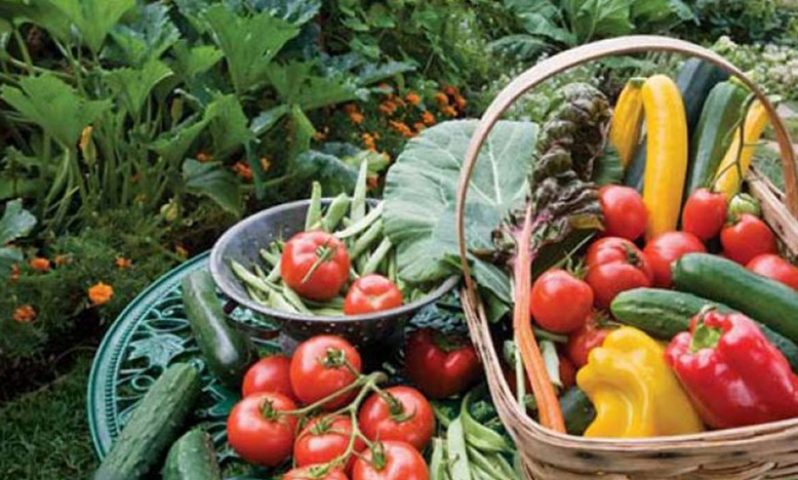GUYANA continues to prove that its agricultural wealth stretches beyond rice and sugar, with non-traditional agricultural produce raking in over US$7 million in the first half of 2022.
According to figures provided by the Ministry of Agriculture, Guyana, between the period January and June 2022, earned US$7.9 million from the exportation of non-traditional crops. This accounts for produce such as fruits, vegetables, seasonings, grain crops, oil seeds and roots and tuber crops, among other things.
Additionally, a new market was opened in the Netherlands, while the Dominican Republic, Trinidad and Tobago and Barbados were listed as the most lucrative markets.
Meanwhile, despite the devastation of the 2021 and 2022 torrential rainfall and floods, quick response from the government enabled scores of farmers to recuperate and return to the fields to restart production.
In the first half of the year, Government expended $651.9 million of the $1.3 billion budgeted for the year. This allocation allowed for the completion of 109 shade houses, and the construction of four greenhouses as part of Guyana’s implementation of climate-smart agriculture practices.
In addition, preparation commenced for the expanded cultivation of turmeric, ginger, black pepper, nutmeg and onions, which will allow self-sufficiency in the production of spices. It is expected that by the end of 2022, 62 acres of turmeric and 633 acres of ginger will be in cultivation.
Further, government will continue to provide shadehouse materials to farmers at a reduced cost, and increase the distribution of farm equipment, seeds and seedlings, chemicals and fertilisers. Importantly, the delivery of extension services will be restructured in order to provide improved services to farmers.
In a previous interview with this publication, Agriculture Minister Zulfikar Mustapha had said that the government remains cognisant of the impact that climate change has had on the agriculture industry, and has been working to minimise some of the foreseen challenges.
Minister Mustapha said that in addition to propagating climate-smart agriculture, the ministry is also preparing to safeguard farmers and their produce.
“For example, we are setting up more pumps, because these natural-gravity flows now are coming less and less; almost on a yearly basis, where siltation is taking over,” he noted.
He said that with the threat of rising sea levels, the government is taking a keen interest in ensuring the effectiveness of various conservancies across the country.
“… So, we can store more water to irrigate rice fields and so,” Minister Mustapha said.



.jpg)









